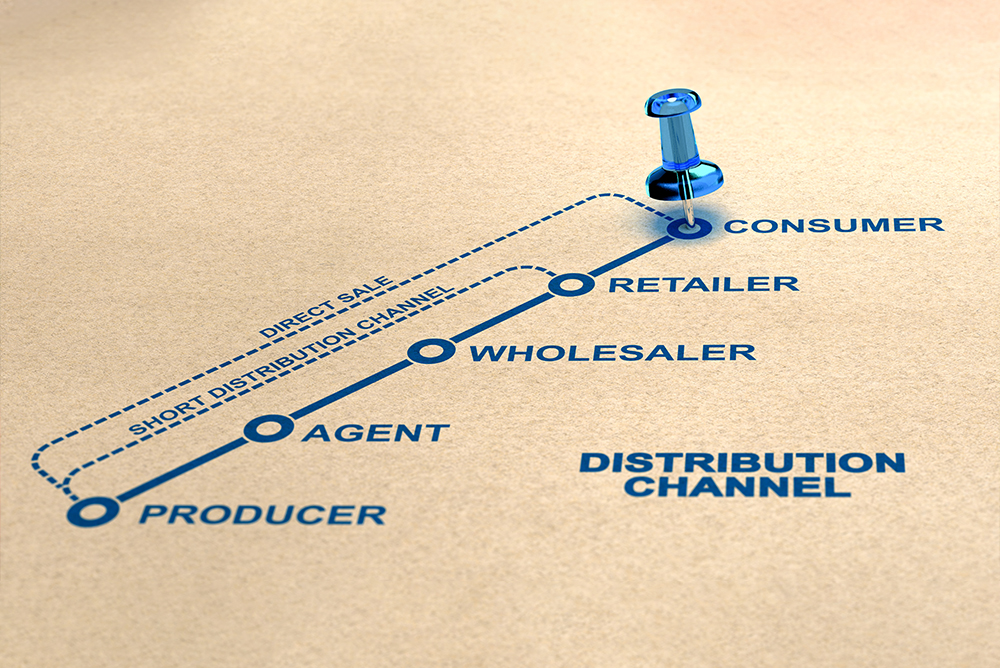
The Advantages & Disadvantages of Intermediary Distribution
Choosing the right distribution channel for your business is critical to your success. Know the implications of hiring intermediaries and have a well-documented and fair agreement before starting a business. An Intermediary distribution acts as a bridge between the manufacturer and the retailer. Intermediary distribution requires marketing knowledge, the ability to understand the pulse of the market, and sales expertise in order to apply appropriate marketing strategies. In the following, we briefly discuss the advantages and disadvantages of Intermediary distribution.
Facilitate Logistics Support
Intermediary distribution is involved because of the logistics support it provides to businesses, that is, Intermediaries ensure the physical distribution of goods more smoothly and effectively. They enable the sorting and storage of supplies in close and easily accessible facilities to the end customer. Generally, the bulk inventory of a business is divided into smaller parts and distributed to intermediaries for distribution. Intermediaries also facilitate effective and useful services for manufacturers and farmers and provide customer care services before and after sales, which is a clever strategy.
Providing More Convenient Transaction
Intermediaries can use their communication facilities to effectively help cover the agricultural, food, and beverage markets. This is convenient for both the producer and the end consumer. Intermediaries usually perform marketing and sales activities and are also responsible for establishing and strengthening buyer-seller relationships between the manufacturer and the retailer. Intermediary distribution often increases sales by resorting to various persuasive techniques such as attractive advertising offers and product displays. They also provide customer feedback to the manufacturer to make necessary changes in production.
Burden Sharing plus Saving Cost and Time
Intermediaries may share many production responsibilities, such as taking care of storage, warehouse management, setting up sales offices in strategic locations, and additional services and their associated costs. They also can be useful by sharing promotion costs of products and providing financial programs. Compared to manufacturers who try to manage the entire process, intermediaries operate at much lower costs. Saving delivery time is another benefit of the expertise and experience of intermediaries. In the following, we review the disadvantages of intermediary distribution.
Inverse Effect on Income and Communication Management
Intermediaries' profit is provided by selling the products of producers to customers. They usually increase the price of products before selling them to customers. If middlemen were not involved, the producer would earn more by selling products at higher rates. With the presence of intermediaries and the lengthening of the distribution chain, sometimes a manufacturer loses control over the sales process. The intermediary may turn to exaggerating product benefits and distorting information in order to increase sales.
Disregarding the Product
The manufacturer's profits will decrease if its intermediaries neglect products and promote competitors' products that earn better returns and promotions. Delays in delivery are another negative point that may adversely affect the value of the product and reduce sales figures. Therefore, the success of a business largely depends on the knowledge, enthusiasm, and cooperation of its intermediaries. The moment intermediaries are disinterested in a particular product, that product is doomed.
Conclusion
As mentioned above, it is clear that distribution intermediaries play an essential role in the process of selling agricultural and food products. Especially in facilitating the logistics sector, which is summed up in product packaging and storage. Knowing the advantages and disadvantages of mediation in such industries can increase sales and customer satisfaction.


